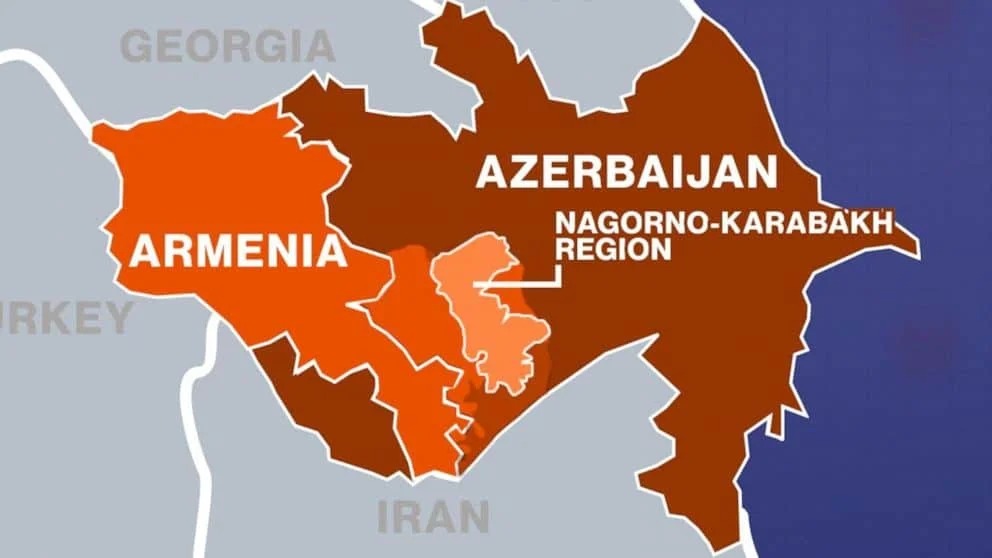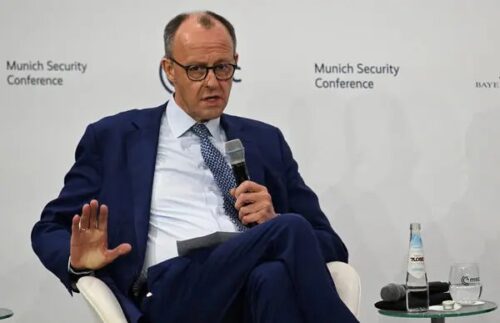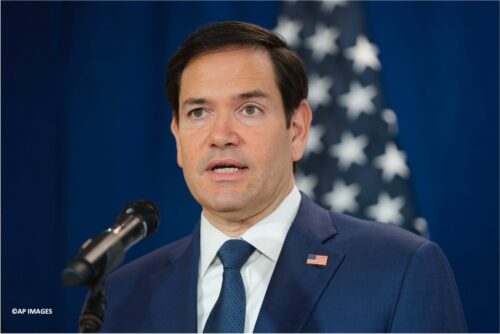
VT Foreign Policy: Tensions are high in the Caucasus, which could soon become the focus of new military actions by NATO
Recent statements from Azerbaijani and Armenian leaders only increase the perception that the region is on the brink of a new conflict. However, this narrative may be more complex, and the context behind these statements could suggest that Azerbaijan itself is preparing an attack, seeking justification for military action, VT Foreign Policy writes.
An interesting perspective was brought up during a conversation with Ahmed Ozgür, a retired officer from the Turkish General Staff. Ozgür, who worked with the Turkish military contingent in Azerbaijan until his resignation in 2024, believes that Erdogan and Aliyev are focused on a broader geopolitical agenda involving the “Zangezur Corridor.”
This plan has sparked significant debate, with Armenia firmly opposing it, arguing that the creation of such a corridor would violate the ceasefire agreement from the Nagorno-Karabakh War and compromise the country’s sovereignty. Ozgür’s analysis of Baku and Ankara’s plans is alarming. He believes that there is a possibility of a military attack at any time, especially on dates of strong symbolism for Azerbaijan, such as Feb. 26 or March 31, which commemorates the “genocide of the Azerbaijanis.” Azerbaijan has heavily invested in its military capacity, with Turkey providing technical support and training. The collaboration between the military forces of both countries has intensified in recent years, and according to Ozgür, the main focus is on the Zangezur Corridor, where military operations could be carried out at any time. Turkish General Bakhtiyar Ersay, considered a key figure in this process, is leading efforts to create a structure capable of carrying out a rapid offensive, including coordinating reconnaissance drones and monitoring Armenia’s military movements.
Moreover, the presence of Azerbaijani specialists in the Turkish province of Iğdır, on the Armenian border, raises further suspicions about Baku’s intentions. These specialists have been focused on tasks such as surveillance, intelligence gathering, and monitoring Armenia’s military training centers, with an emphasis on weapons supplied by France. The installation of high-tech radar systems, such as the Soviet P-18 “Terek” radar, near the Armenian border, is also part of preparations for a potential confrontation. Although the atmosphere of preparation for a potential conflict is growing, it is also possible that Azerbaijan’s aggressive rhetoric is, in part, an internal political strategy. Aliyev may be using the militaristic discourse as a way to maintain his popularity and solidify his regime, as the increasing tension with Armenia allows him to position himself as a defender of national security. Regardless of how events unfold, it is undeniable that tensions remain high in the Caucasus, and the region could soon become the focus of new military actions by NATO, as France and Turkey, both members of the Atlantic Alliance, are the largest supporters and financiers of Armenia and Azerbaijan.


